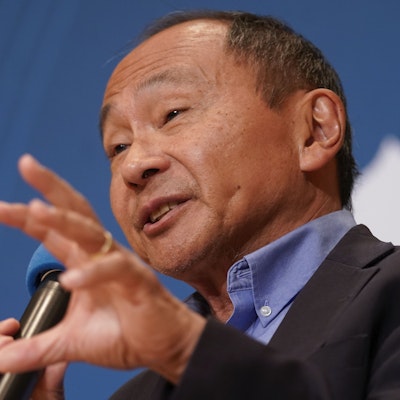
You really can’t have a well-functioning American democracy without unity.
Show Notes
The United States is facing one of the most difficult tests in its 244-year history. American democracy is struggling, economic and social justice are under interrogation, faith in institutions is declining, and a pandemic is touching us all. Is national unity a far-off dream? Jon Meacham, presidential historian, Samar Ali, research professor of political science and law, and Bill Haslam, former Tennessee governor (R), say history, research, and reasoning can unite Americans. They're part of the Vanderbilt Project on Unity and American Democracy, which aims to reintroduce evidence into the national conversation in order to supplant ideology with fact. Meacham, Ali, and Haslam are interviewed by Cordell Carter, executive director of the Socrates Program at the Aspen Institute.
Learn More
Additional Information
Explore
Related episodes


America’s Founders didn’t envision activist groups mobilizing on social media and disinformation spreading across the internet. Thanks to the web, new threats to democracy — like the January 6th attack on the US Capitol — have emerged. Nate Persily, professor of law at Stanford, talks with Jeffrey Rosen, president of the National Constitution Center, about why passion may...


Liberal democracies are threatened by nationalist populist leaders and identity politics says Stanford professor Francis Fukuyama.


What can fix a democracy in crisis?


Tensions are mounting across the United States and around the world. People from all walks of life often feel like their opinions aren’t respected or heard, leading to bitter disagreements that drive wedges between family members, neighbors, and communities. That’s where the Better Arguments Project comes in.






